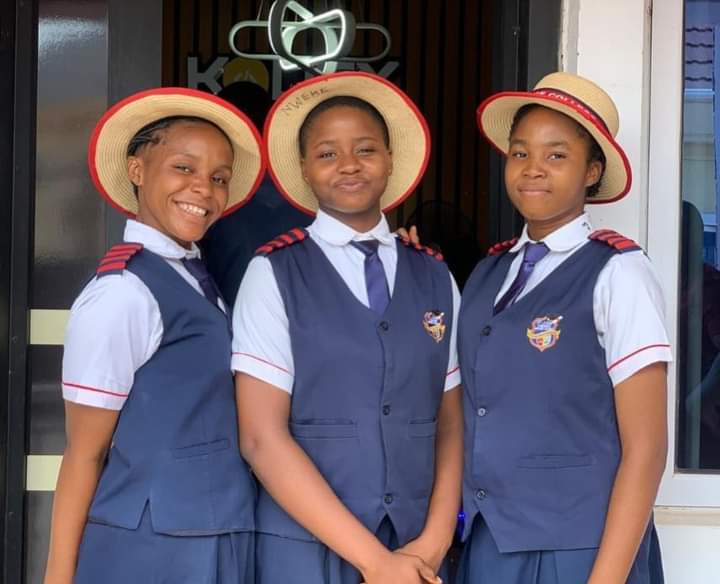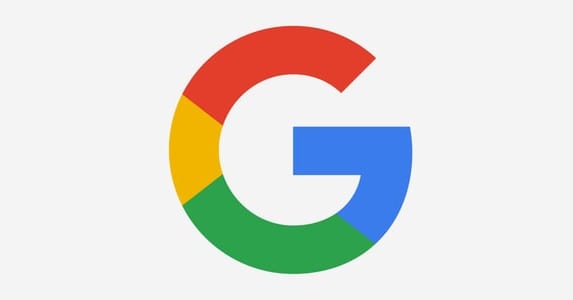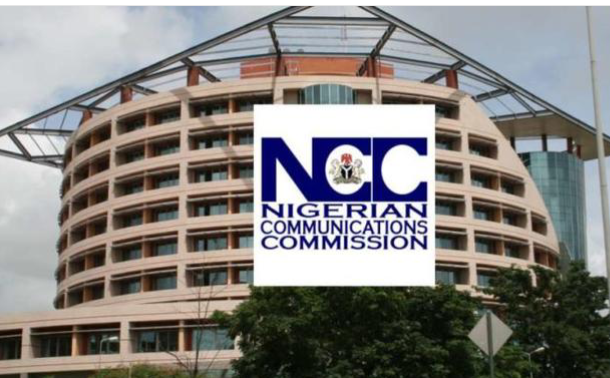Tech
Telcos Reject FG’s N75bn Price Tag For 3.5GHz Spectrum


Telecom operators have decried the high cost of 3.5Ghz Spectrum and it’s 10 years licensing period proposed by the Federal Government of Nigeria.
The mobile network operators identified these as major issues that need to be reviewed before the official auctioning date.
The Nigeria Communications Commission (NCC), Thursday, hosted a stakeholder engagement forum In Lagos where the draft Information Memorandum (IM) for the upcoming auction of the 3.5 gigahertz (GHz) spectrum band was discussed exhaustively.
The Information Memorandum (IM) is a comprehensive document, which defines the process emplaned by the Commission for the auctioning of the 3.5GHz spectrum band.
The document also provides information on the Nigerian telecommunications market, details of the spectrum to be made available, the pre-qualification process, the auction process as well as the indicative timetable.
According to officials at the NCC, mobile operators like MTN, Airtel, under the aegis of GSMA said the ₦75 billion ($197.4m) set as reserved price for the spectrum would limit many players from participation in the auctioning of the spectrum.
Mobile operators in their feedbacks and recommendation on the IM draft to the NCC, said the spectrum price was too expensive and higher than what obtains in most other countries that have rolled out 5G.
Telcos said the industry regulator needed to encourage more participation by lowering the reserved price while considering the market realities in the industry.
Also, they argued that the proposed 10 years licensing period on the spectrum band was not enough as it would limit the time to plan and implement actions towards the 5G rollout.
Operators recommended that 20 years period was more feasible as it gives room for more planning and implementation.
In response, the NCC said reiterated its commitment and readiness to ensure that 5G succeeds.
The regulator said it had considered several factors it came up with the price, however, added that it would consider the duration of the license.
“For us in the sector, we are most concerned about the cost of 5G. This new direction will require a lot more investment, and the current infrastructure might not be sufficient and efficient for it.
According to the Chairman, Association of Licensed Telecommunications Operators of Nigeria, Gbenga Adebayo, there is a need to address the issue of cost.
He said in order not to have 5G that is only glamorously deployed and not efficient, then, the issue of cost must be looked into.
Infrastructure, CNI Bill, Other Critical Issues
Speaking to TechEconomy, Dr. Adedoyin Adeola, Ag CTO, Airtel Nigeria said infrastructure was still a major issue for the sector regardless of its plans to roll out the 5G network.
He lamented that the destruction of fibre cables which are critical national infrastructure by road contractors remains an issue that has not been resolved.
He said Airtel records at least 400 fibre cuts every month from road constructions, and there are no compensations from the government.
“The money spent on these infrastructure are coming from somewhere and needs no be recouped.”
He said the NCC has not done enough in making sure that National Assembly expedites action in the passage of the Critical National Infrastructure (CNI) bill into law so that rate of vandalism will end.
ALSO READ Airtel 5G trial network goes live
“These people need to be punished for incurring losses that affect us and quality of service as well.”
TechEconomy recalls that Industry had over the years demanded that the Federal government to declare all telecoms facilities across the country critical national infrastructure but their request was never heeded to, leading to frequent vandalization of telecoms infrastructure in various parts of the country.
Tech
Anambra School Emerges Winner In National Girls In ICT Competition With Groundbreaking VR Technology


St. John Vianney Science College, Igbariam, used their virtual reality project to conquer the National Girls in ICT Competition 2024, claiming the national championship title yesterday!
The National Girls in ICT Competition, organized by the Federal Ministry of Communication, Innovation and Digital Economy, is a technology innovation competition for all girls in secondary schools across Nigeria.
Their innovative project, M-Tag VR, allows users to explore iconic landmarks like Zuma Rock and learn about fascinating cultural aspects of Nigerian tribes. The girls, Immaculate Ebube Ikegwuonu, Camilla Anyadike, and Nweke-Nonso Oluchi, mentored by their coach, John Onuigbo, triumphed over teams from all 36 states.
The girls’ talent shone brightly throughout the competition. They started at the state level where they aced the Anambra state competition, then proceeded to conquer the Southeastern regional championship, defeating teams from Ebonyi, Imo, Abia, and Enugu, to make it to the national finals.
Rivers and Lagos states secured the second and third-place positions, respectively.
Tech
Google To Delete Billions Of Browser Records To Settle ‘Incognito’ Lawsuit


CNN reported that Google will delete billions of data records as part of a settlement for a lawsuit that accused the tech giant of improperly tracking the web-browsing habits of users who thought they were browsing the internet privately.
The suit was originally filed in 2020 and accused Google of misrepresenting the kind of data it collects from users who browsed the internet via “Incognito” private browsing mode in Chrome. Google agreed to settle the suit late last year, but the terms of the settlement were first disclosed in a filing on Monday.
As part of the settlement, Google must delete “billions of data records” that reflect the private browsing activities of users in the class action suit, according to court documents filed Monday in San Francisco federal court.
Google will also update its disclosure to inform users about what data it collects each time a user initiates a private browsing session. Google has already started implementing these changes.
For the next five years, Google will also let private browsing users block third-party cookies as part of the settlement. Google also will no longer track people’s choices to browse the internet privately.
Tech
NIN-SIM Linkage: NCC Directs Telecommunication Operators To Bar Non-Compliant Subscribers


The Nigerian Communications Commission (NCC) has confirmed that it would not be reviewing its deadline to bar owners of more than four SIM cards whose SIM registration data failed to match their National Identity Number (NIN) data.
A source within the Commission explained that the Commission’s position was hinged on its objective to clean the country’s SIM ownership database, and ensure that criminals could not take advantage of having multiple unlinked SIMs to carry out their nefarious activities.
“We are not standing back on our decision. March 29th is sacrosanct. Our resolve is hinged on the need to close in on the chaos of untoward ownership of multiple SIM cards with unverified NIN details. We have instances where a single individual has over 10,000 lines linked to his NIN. In some cases, we have seen a single person with 1,000 lines, some 3,000 plus lines. What are they doing with these lines?
“From our interim findings, the owners of these lines did not purchase them for decent purposes or to undertake legitimate activities.
“We have given them enough time to make the decision of which of their lines they want to keep, and discard the others. They did not. All lines in this category with unverified NINs will be barred. They will be then expected to go to their operators and decide which of the lines they want to keep, as well as submit correct NIN details.
“Some people would say they want to use it for car trackers, or for IoTs, but provision has been made for these services already. They are not under the ‘Max-4 Rule.’
“Across the world, no country allows you to have 1,000 SIM cards to make calls or texts.”
The Max-4 Rule announced by the Federal Government in April 2021 provides that telecom subscribers cannot have more than four lines per mobile network operator.
The NCC has also provided Mobile Network Operators (MNOs) an extension till July 31st 2024 within which they are expected to verify all NINs submitted by subscribers with four (4) or less SIMs, as well as bar those whose NIN fail verification with NIMC.
An authoritative source within the Commission who is familiar with the matter stated that the Commission’s management arrived at the decision at a crucial meeting it held today to review requests from the major Mobile Network Operators requesting for extension for the verification of NINs submitted.
The source also stated that the Commission is mulling the idea to approve an online application solution for MNOs where their subscribers whose NIN verification failed due to biometric mismatch can update their records on the app, while existing subscribers can register additional lines.
-



 Entertainment3 days ago
Entertainment3 days agoWhy I’m Not Ready For Kids – Singer Burna Boy Reveals
-



 Entertainment4 days ago
Entertainment4 days agoMen Of The Lagos State Police Command Have Arrested Singer Portable
-



 News3 days ago
News3 days agoThe Peruvian Government Has Officially Classified Transgender, Nonbinary And Intersex People As “Mentally ill”
-



 GROpinion3 days ago
GROpinion3 days agoExposing the Malicious Sabotage of MoMo PSB Project in Enugu Ezike






